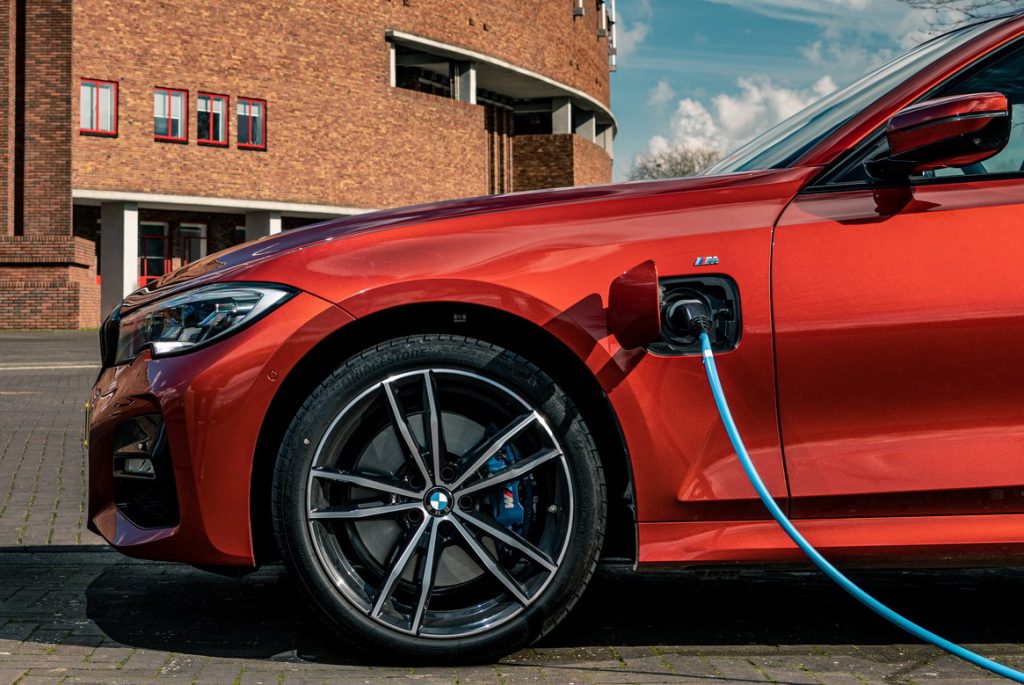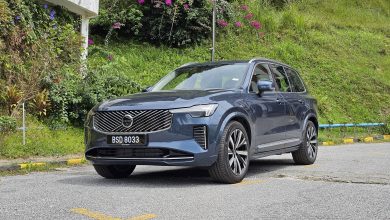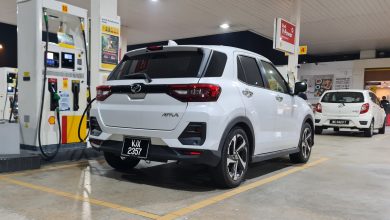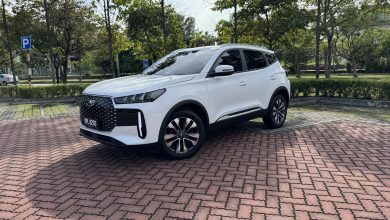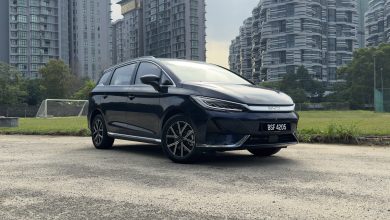How Singapore’s EV Push Might Adversely Affect Malaysians
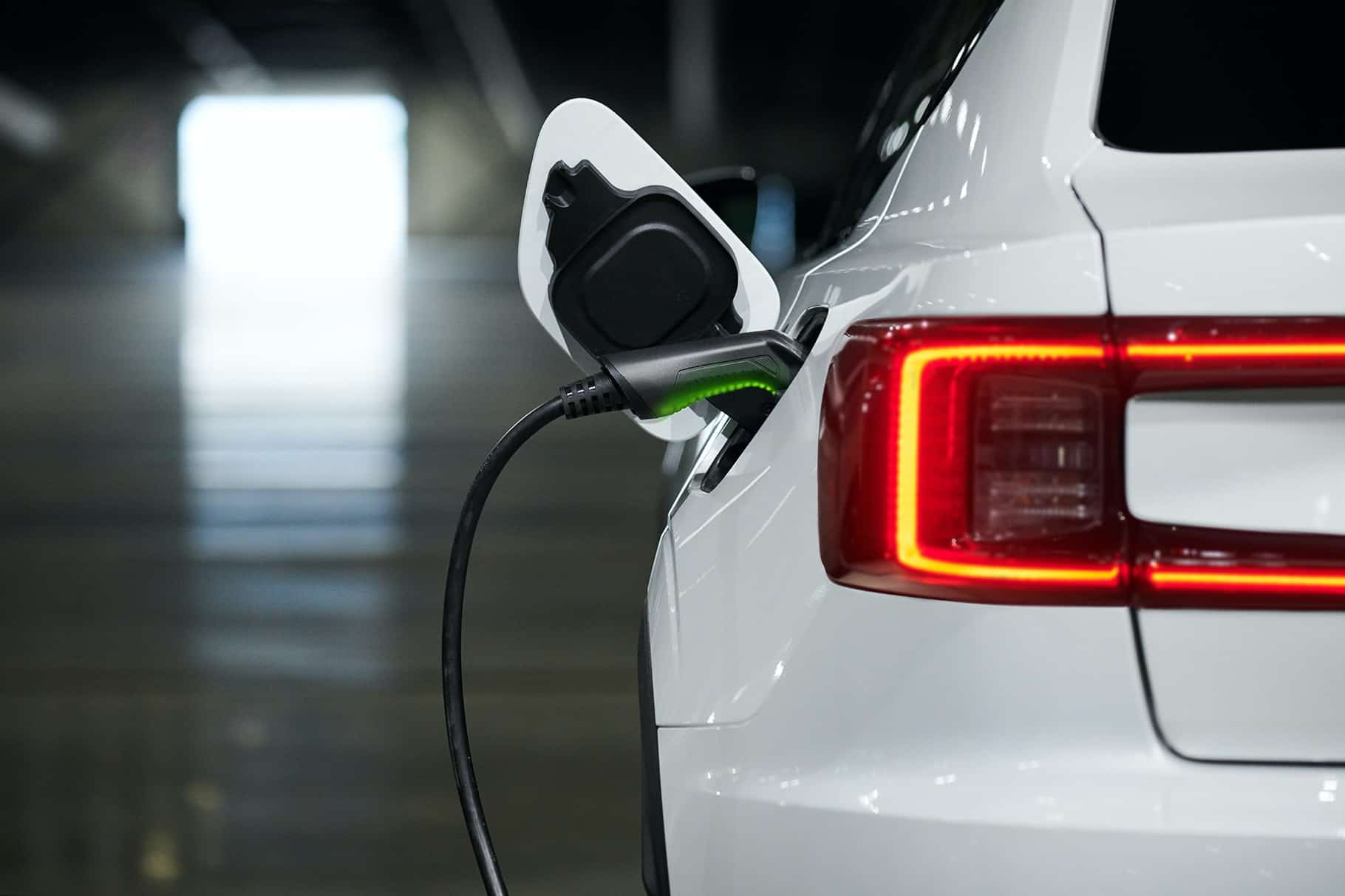
What happens if Singapore decided to one day ban everything but EVs into its borders?
Singapore has recently unveiled its budget proposal for 2021/2022, and perhaps the most interesting aspect about it, from a motoring perspective at least, is the allocation of whole lot more financial incentives for Singaporeans to start owning EVs.
Following the government’s aim towards a more sustainable and environmentally friendly future, the headline figure for this budget here is the $30 million (RM 90 million) that will be allocated over the next 5 years in working towards encouraging the early adoption of electric vehicles in Singapore.
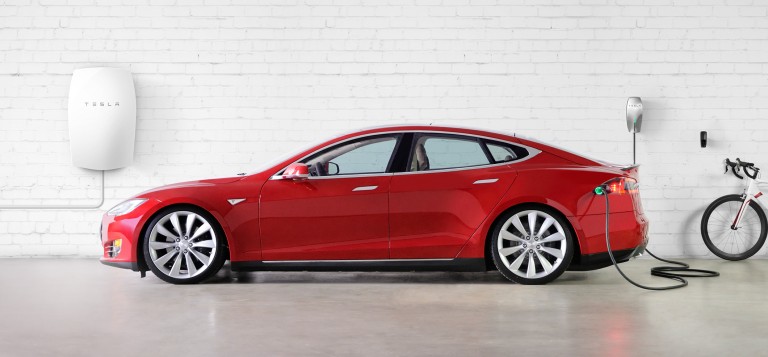
Delving deeper into the details, some of that huge sum will go towards the installation 60,000 EV charging points nationwide by 2030. The vast majority of that headline figure though will be used towards subsidies for electric vehicle purchases in the near future, which comes as part of the Singaporean government’s goal to narrow the “cost differential” between electric cars and internal combustion engine cars.
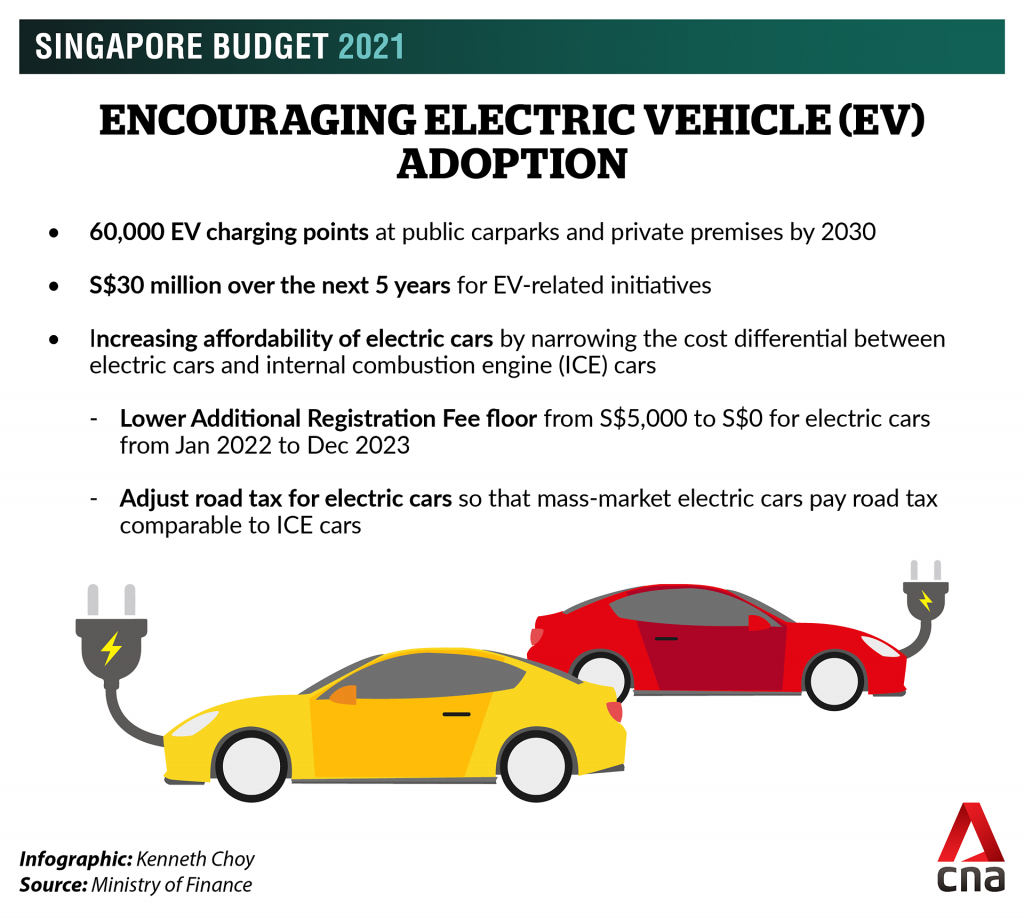
Now normally, the unveiling of our southern neighbour’s budget ain’t too big a deal for most Malaysians. Of course, it might be of interest to the more connected people higher up the social or business order. To average Joe however, it is not really something to actively be concerned about.
Things though could be a bit different this time round, especially considering that our neighbours transitions ever further towards an electrified future while we here are getting left behind. And to prove this aforementioned statement, here is just one simple point to ponder over: What if Singapore were to completely ban the entry of fuel burning vehicles into its borders?
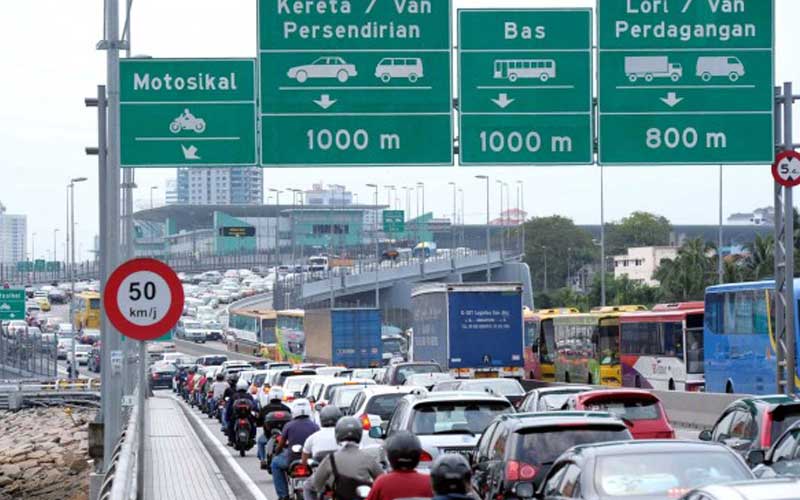
Just as a proviso, it is worth noting that the chances of this coming to pass are likely slim to none. Some perhaps might even think it apt to use terms like ludicrous or far-fetched in describing (what is currently still) this hypothetical scenario.
Then again however, think that little bit deeper into the question above and it’ll soon be clearer to see that this might not actually be as crazy as it sounds. Especially when considering that governments in other developed nations are already implementing bans not just for the sale of purely fuel burning cars, but also the usage of them within certain city limits in the near future.
So with Singapore being essentially a developed city state, what is there to say that the country can’t implement such a law somewhere further down the line?
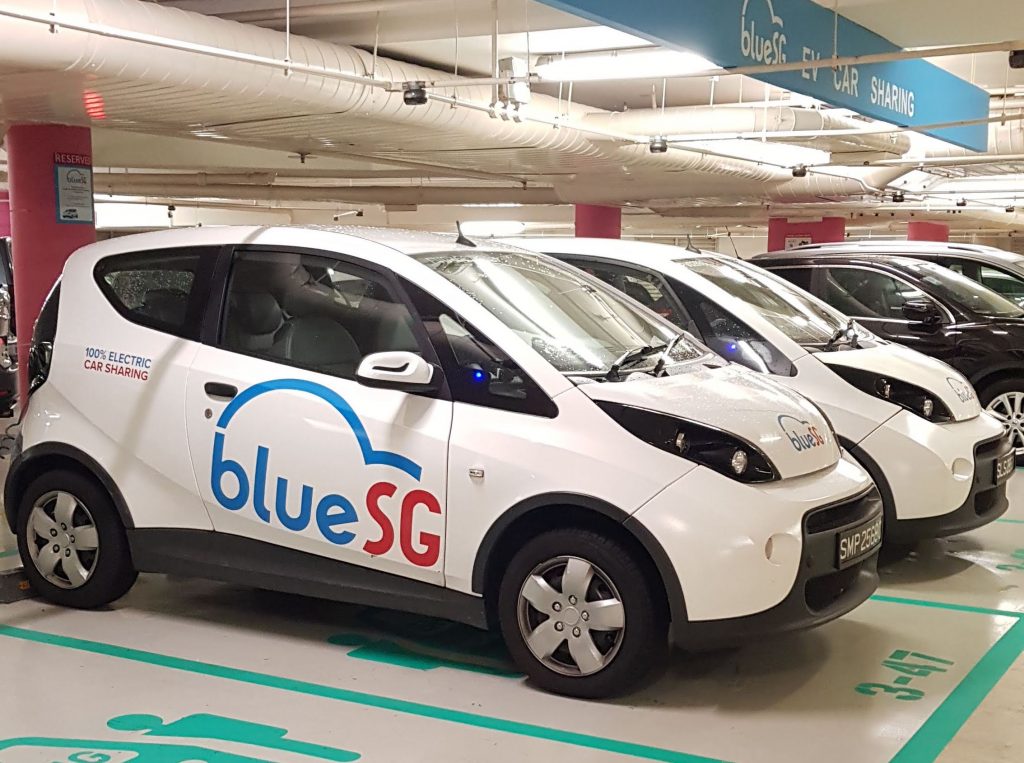
While a tad inconvenient, this will probably not be too bad an ordeal for the affluent holiday makers who wish to drive down to Singapore for a weekend’s worth of shopping/sight-seeing in Orchard Road or Marina Bay. This though does become a way, way larger issue when taking into account the tens of thousands of Malaysian motorcyclists who commute across the causeway from Malaysia to Singapore every single day for work.
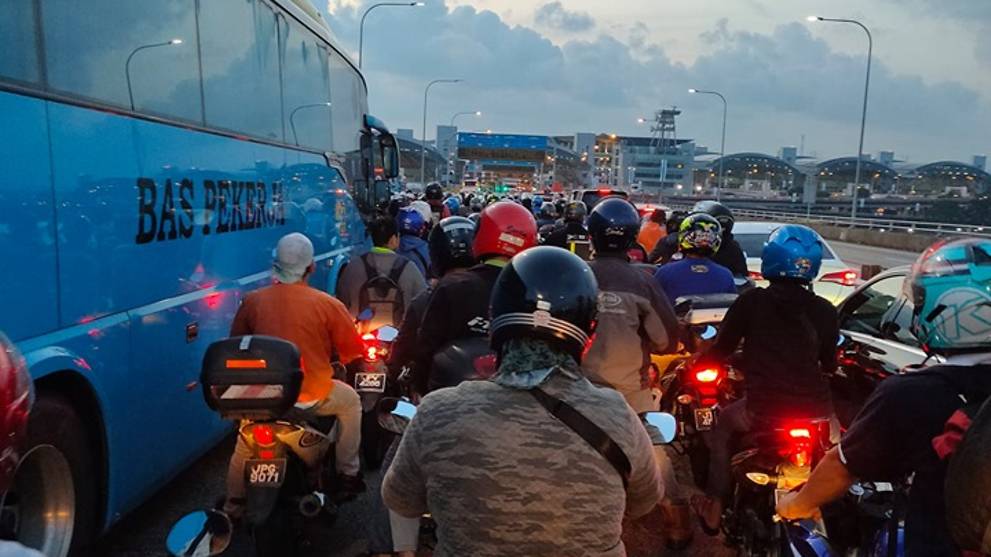
Granted, there are a number of e-motorcycles that are currently on sale in Malaysia. With a starting price of around double that of conventionally powered motorbike however, these electrified two wheelers are still vastly too expensive for the vast majority of these kapchai owners to even think about transitioning towards zero-emissions motorcycling just to get to work every day.
Moreover, unlike Singapore where there is currently a financial incentive currently to switch towards zero-emissions mobility, many Malaysians on the hand are given no reason to switch from their cheap-to-run, cheap-to-buy cross border transportation tools. Yes, saving the world is indeed a noble cause, but why should I do it when it is going to actively take food out of my family’s mouth?
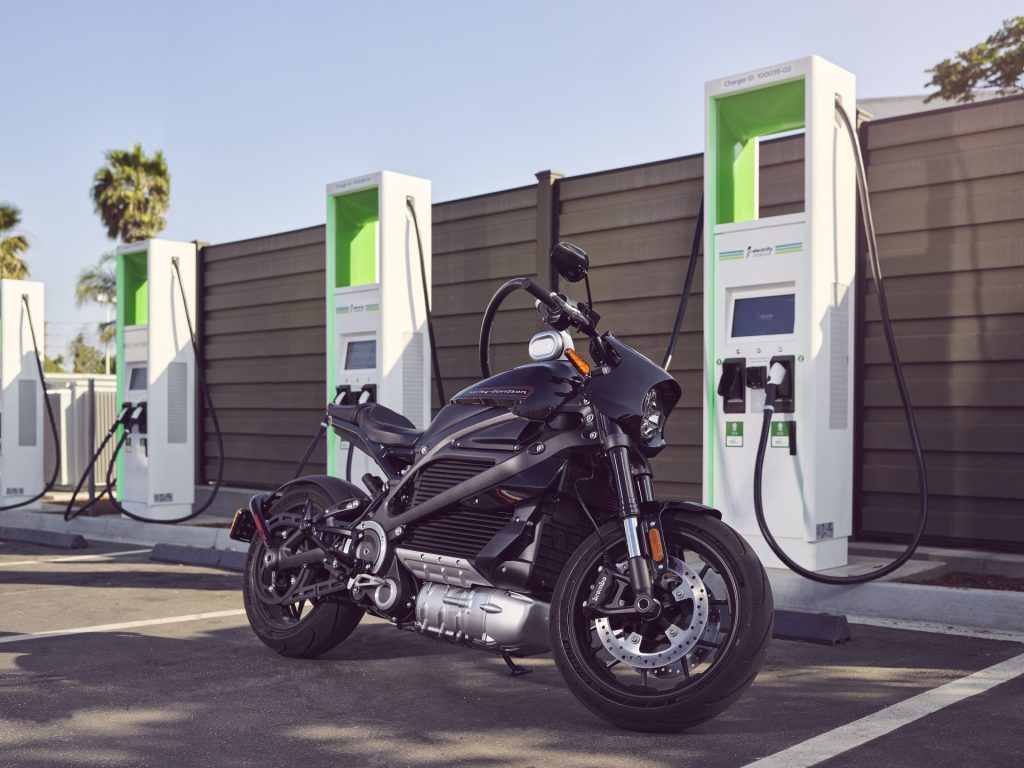
At risk of being called a fear monger, it is worth reiterating here that the possibilities of Singapore converting into an all electric utopia is probably still a long, long, long ways away. Nevertheless, going from history at least, Malaysia is to be even further back on this whole electrification process when compared to our neighbours down south.
Furthermore, let’s say that Singapore does not completely ban the entry of fuel burning vehicles. Well the other (perhaps more realistic) option for the government to implement as a measure to kerb the entry of these cheap yet immensely polluting vehicles into its borders is the implementation of an exorbitant fee to allow for the entry fuel-burning cars and motorbikes. A scenario that will lead to more or less the same final result as above, which is the complete upending of the lives and livelihoods of these daily cross-border commuters with their put-putting kapchais.
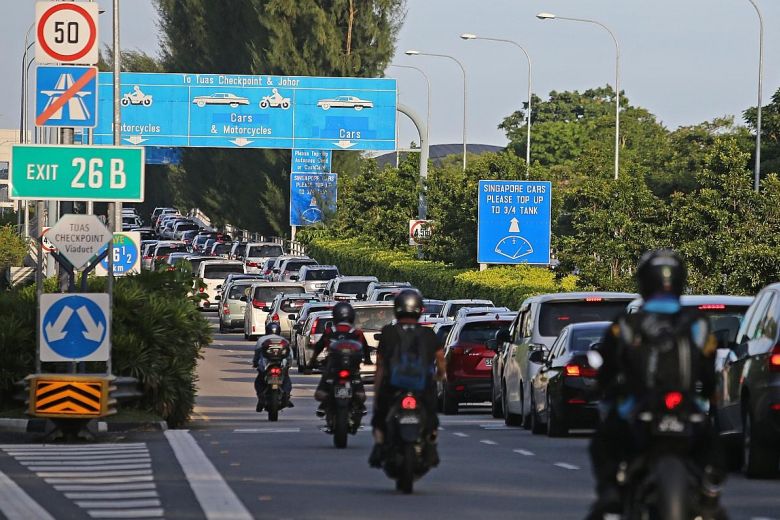
So what can be done then? Well the simple solution here would be for the government to enact a sensible automotive policy which financially incentivises the mass adoption of EVs locally, or at the very least e-motorcycles. Sure, there still needs to be massive investment into the charging infrastructure et al, but bringing the cost delta between EVs and conventionally powered cars, as per what Singapore is currently doing, will definitely be a huge step in the right direction to encourage more buyers to adopt what is largely touted to be the future of the automobile.
Just adding to that last point, the Malaysian government has actually enacted such a scheme before with hybrid cars, and it could be deemed to be moderately successful considering the number of new hybrid models that were sold here a couple of years ago. So it does beg the question as to why can’t we implement much the same policy here for EVs?
